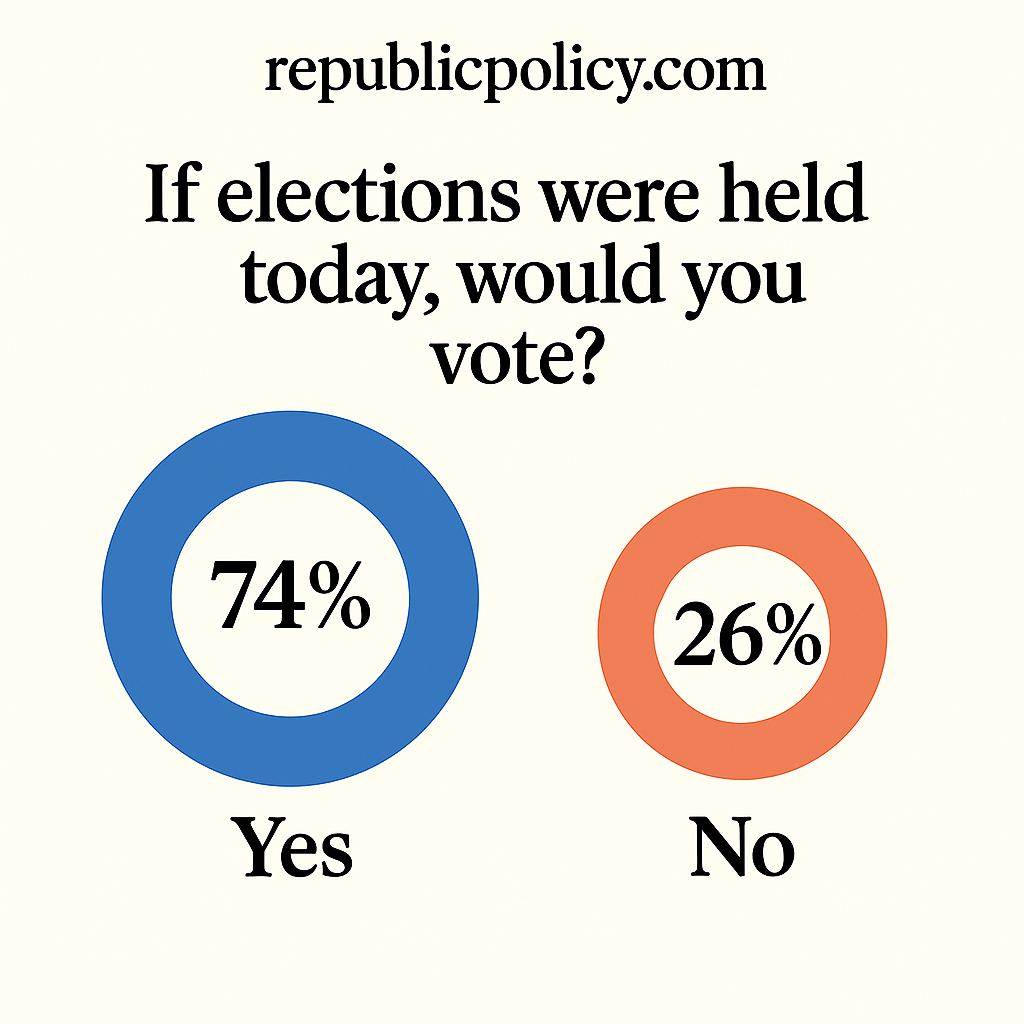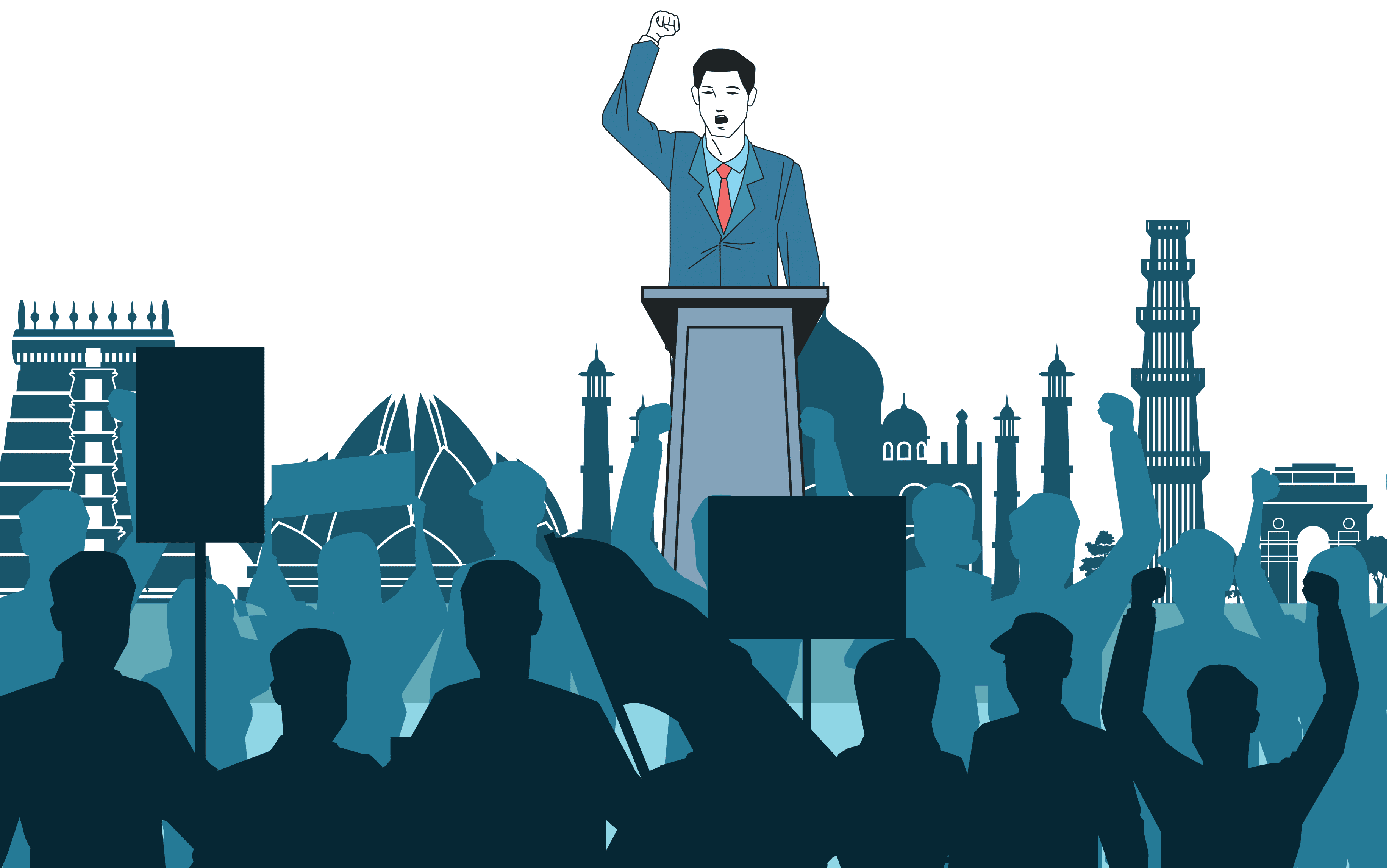Mubashir Nadeem
Elections, the cornerstone of democracy, are the arena where citizens choose their representatives and shape the future of their nation. But how these ideas are presented, how voters are engaged, and how votes are ultimately swayed are constantly evolving. In this digital age, the virtual campaign has emerged as a potent tool, transforming the landscape of political engagement.
What is an Election Campaign?
An election campaign is the organized effort by a candidate, party, or group to win votes in an election. It involves a range of strategies and tactics aimed at reaching voters, communicating key messages, and persuading them to cast their ballot in your favor. Traditional campaigns rely on rallies, door-to-door canvassing, and print media advertising. However, the rise of the internet and social media has given rise to a new realm of possibilities – the virtual campaign.
Different Kinds of Election Campaigns:
- Traditional Campaigns: These rely on physical interactions, such as rallies, door-to-door canvassing, and print media advertising.
- Media Campaigns: These leverage television, radio, and newspapers to reach a wider audience.
- Social Media Campaigns: These utilize platforms like Facebook, Twitter, and Instagram to connect with voters directly, share messages, and build communities.
- Digital Campaigns: These encompass all online efforts, including social media, websites, email marketing, and targeted online advertising.
Please, subscribe to the YouTube channel of republicpolicy.com
The Significance of Virtual Campaigns:
Virtual campaigns offer a plethora of advantages:
- Reach a Wider Audience: Online platforms allow you to connect with voters across geographical boundaries, reaching demographics that traditional methods might miss.
- Targeted Engagement: Micro-targeting tools and data analysis enable you to tailor your message to specific voter segments, increasing the effectiveness and efficiency of your campaign.
- Cost-Effectiveness: Compared to traditional methods, virtual campaigns can be significantly cheaper, allowing smaller parties and candidates to compete more effectively.
- Interactive Communication: Social media and online platforms foster two-way communication, enabling candidates to directly engage with voters, answer questions, and address concerns in real-time.
- Enhanced Transparency: Virtual campaigns offer greater transparency, allowing voters to easily access information about candidates’ platforms, policies, and track records.
Virtual Campaigning in Pakistan:
In a nation with a burgeoning internet population and increasing smartphone penetration, virtual campaigns present a golden opportunity for Pakistani political parties. Here’s how they can leverage this:
- Embrace Local Languages: Develop content in Urdu, Punjabi, Pashto, and other local languages to reach a wider audience and connect with voters on a deeper level.
- Utilize Social Media Platforms: Target Facebook, Twitter, and Instagram to reach younger voters and build online communities of supporters.
- Leverage Video Content: Create engaging videos that showcase the candidate’s personality, vision, and policies. Share these videos on social media and utilize platforms like YouTube to reach a wider audience.
- Focus on Mobile Optimization: Ensure your website and campaign materials are optimized for mobile devices, as most Pakistanis access the internet through smartphones.
- Partner with Influencers: Collaborate with online influencers who have a strong following in your target demographics to spread your message and reach new voters.
- Address Local Issues: Tailor your campaign messages to address the specific concerns and aspirations of voters in different regions and communities.
By embracing virtual campaigning and strategically utilizing its potential, Pakistani political parties can create engaging, cost-effective, and impactful campaigns that resonate with voters and influence electoral outcomes. Remember, the virtual world offers a vast, dynamic stage, but success hinges on understanding the audience, tailoring messages accordingly, and building genuine connections with the electorate.
Please, subscribe to the monthly magazines of republicpolicy.com














